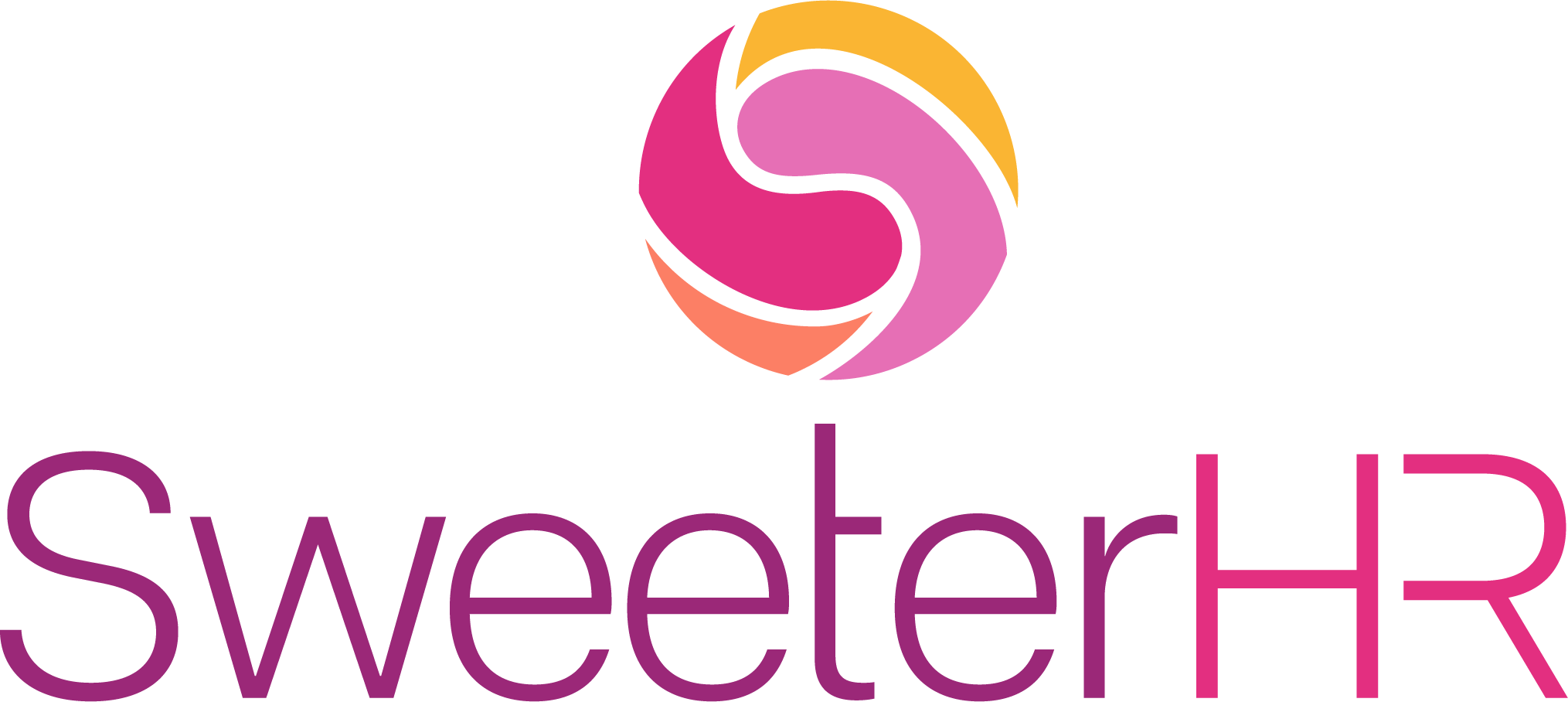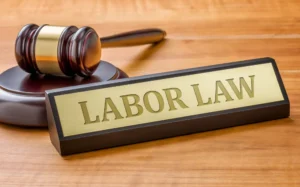By Lauren Amabile Sr. HRBP
The National Labor Relations Board recently ruled against Home Depot in a case involving an employee who was prohibited from writing “Black Lives Matter” on their work uniform and prevented from working until the message was removed, stating the message was considered “concerted activity” and had to be permitted.
The employee’s message was in response to what they believed to be unfair treatment of their coworkers by the company. The employee involved in the case and others brought their concerns to the attention of management and hoped the message would spark a larger conversation about race and workplace discrimination. The message itself, and the fact that the employee in question talked about their concerns with other employees and with management, contributed to the NLRB’s decision to qualify the circumstances as “concerted activity”. Furthermore, Home Depot permitted Pride flags on uniforms, adding an additional concern of discrimination in this case.
While the practice of managing messaging in the workplace is somewhat uncertain, and employers still have the capacity to disallow any political or social messages that are unrelated to employment or working conditions (these messages are unlikely to be classified as concerted activity), employment law experts are advising against general bans on any messaging that could reduce workplace discussions and potentially limit concerted activity by extension.
Takeaway: Union and non-union workers have rights under the law to discuss working conditions among themselves while at work. Enforcing dress, uniform, and messaging standards that limit these rights can create risk for employers.






